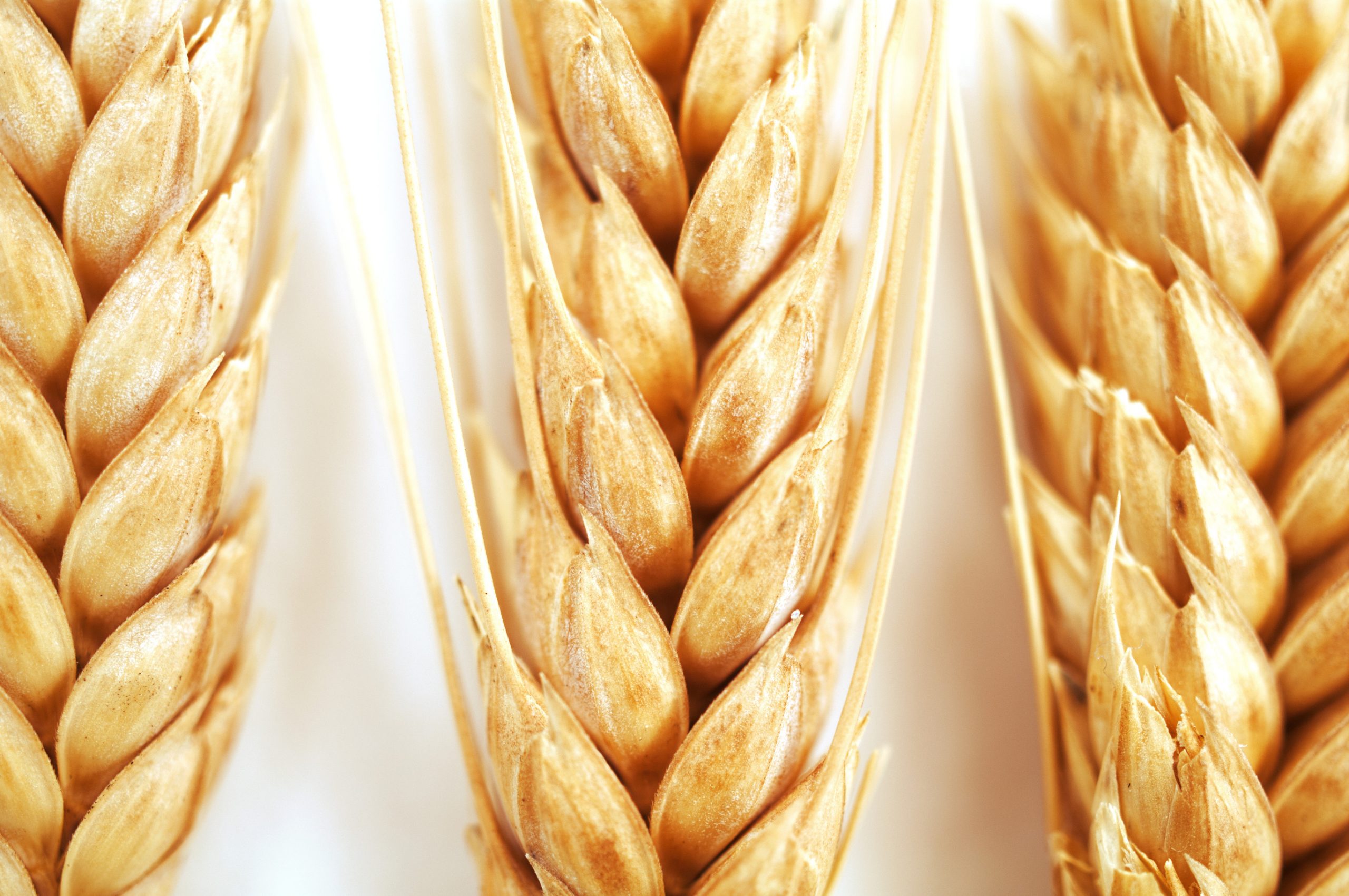2,735 wheat lines sequences freely accessible

Researchers in the UK and US have developed a gene bank, with a collection of wheat seeds with more than 10 million sequenced and carefully catalogued genetic mutations. This resource will accelerate the study of gene functions in wheat.
Jorge Dubcovsky, a Howard Hughes Medical Institute–Gordon and Betty Moore Foundation investigator at the University of California, Davis, and his collaborator Cristobal Uauy, a crop geneticist at the John Innes Centre in the United Kingdom, led the development of the new genetic tool, which was reported in the Proceedings of the National Academy of Sciences.
Wheat researchers knew that a comprehensive collection of wheat lines with defined genetic mutations would transform the way they worked. “We didn’t have any reverse genetics resource for wheat, and it was absolutely necessary for us to study gene function,” Dubcovsky says. But because of the complexity of the wheat genome, developing that resource was a massive undertaking.
Sequences of all the 2,735 wheat lines are catalogued in a publically available database (http://dubcovskylab.ucdavis.edu/wheat_blast and www.wheat-tilling.com). Researchers can search the database to find lines with mutations in the genes they want to study, then order seeds. More than 3,000 seed stocks have already been distributed to wheat researchers around the world, Dubcovsky says.
Dubcovsky stresses that the collection, which includes both bread and pasta wheats, is valuable because it makes it possible to do genetic research and manipulations directly in this economically important crop.
Source: Howard Hughes Medical Institute











